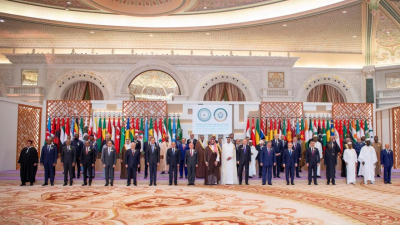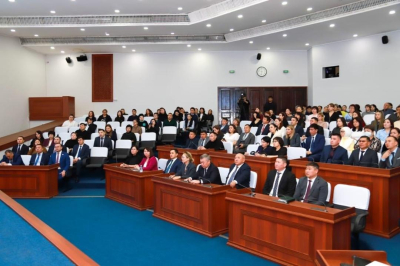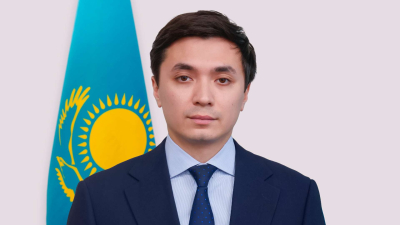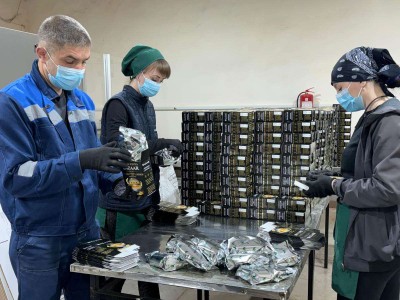The mutual desire to diversify foreign economic ties, strengthen the reliability of supply and production chains, as well as the socio-political and socio-economic reforms actively underway in Kazakhstan open up new promising opportunities for mutually beneficial cooperation between the two countries.
Kanat Sharlapaev, Minister of Industry and Construction of the Republic of Kazakhstan and Dominik Schnichels, Director for Foreign Trade Policy of the Federal Ministry of Economic Affairs and Climate Protection of the Federal Republic of Germany, as co-chairs, launched the 14th meeting of the Kazakh-German Intergovernmental Working Group on Trade and Economic Cooperation (IWG) in Berlin.
The agenda of the meeting included discussions of such issues as the economic situation in Kazakhstan and Germany, the state and development of bilateral trade and economic relations, cooperation in energy, environment, agriculture and water management, transport, logistics and infrastructure, training of qualified personnel, as well as cooperation within the framework of the Intergovernmental Agreement on Partnership in raw materials, industrial and technological spheres.
The mutual desire to diversify foreign economic ties, strengthen the reliability of supply and production chains, as well as the socio-political and socio-economic reforms actively underway in Kazakhstan open up new promising opportunities for mutually beneficial cooperation between the two countries.
"To confirm once again the level of Strategic Partnership between Kazakhstan and Germany, constructive and fruitful talks were held at today’s meeting of the Intergovernmental Working Group, which made it possible to identify specific projects in priority areas. The agreements reached today demonstrate that this bilateral platform contributes to improving the framework conditions for further rapprochement of government and business circles, as well as practical promotion of mutual trade and investment. Kazakhstan is a resource-rich country with unique opportunities. Germany is interested in further deepening trade and economic cooperation in the way of the ongoing economic and social reforms in the country", — head of the delegation and co-chair from the German side Dominik Schnichels highlighted in his speech.
The strategic synergy between Kazakhstan and Germany, together with a convenient geographical location at the crossroads of intercontinental transport routes, including energy supply routes, strengthens the position of our republic as a regional investment hub and one of the key players in the global energy arena.
In this regard, it should be noted that the German Institute for International and Security Affairs (Stiftung Wissenschaft und Politik — SWP) for the first time ranked Kazakhstan among the "middle powers", which are traditionally understood as states that play an important role in the world political and economic arena (there are only 12 such countries).
"The development of the Trans-Caspian International Transport Route (Middle Corridor) is of great importance for Kazakhstan as a reliable supplier of energy resources and strategic goods to Europe. Strengthening Kazakhstan’s industrial potential is also among the strategic areas of cooperation with Germany. As an industrial power with its key competences, Germany is the most suitable partner for our republic. The Government of Kazakhstan faces the task to further improve the conditions for attracting large private investments, the institutional environment for business and harmonisation of legislative regulation," commented Minister Kanat Sharlapaev.
Industrial development in the country is impossible without human capital and high labour productivity. In this regard, the development of dual education in Kazakhstan through the application of German experience in the implementation of green economy projects in the renewable energy and water sectors was identified as another important area for deepening cooperation.
The Kazakh delegation invited German partners to take an active part in the implementation of projects aimed at diversifying economies, opening new joint productions, strengthening energy, food and raw material security of Germany, introducing advanced German technologies and increasing mutual trade turnover.






